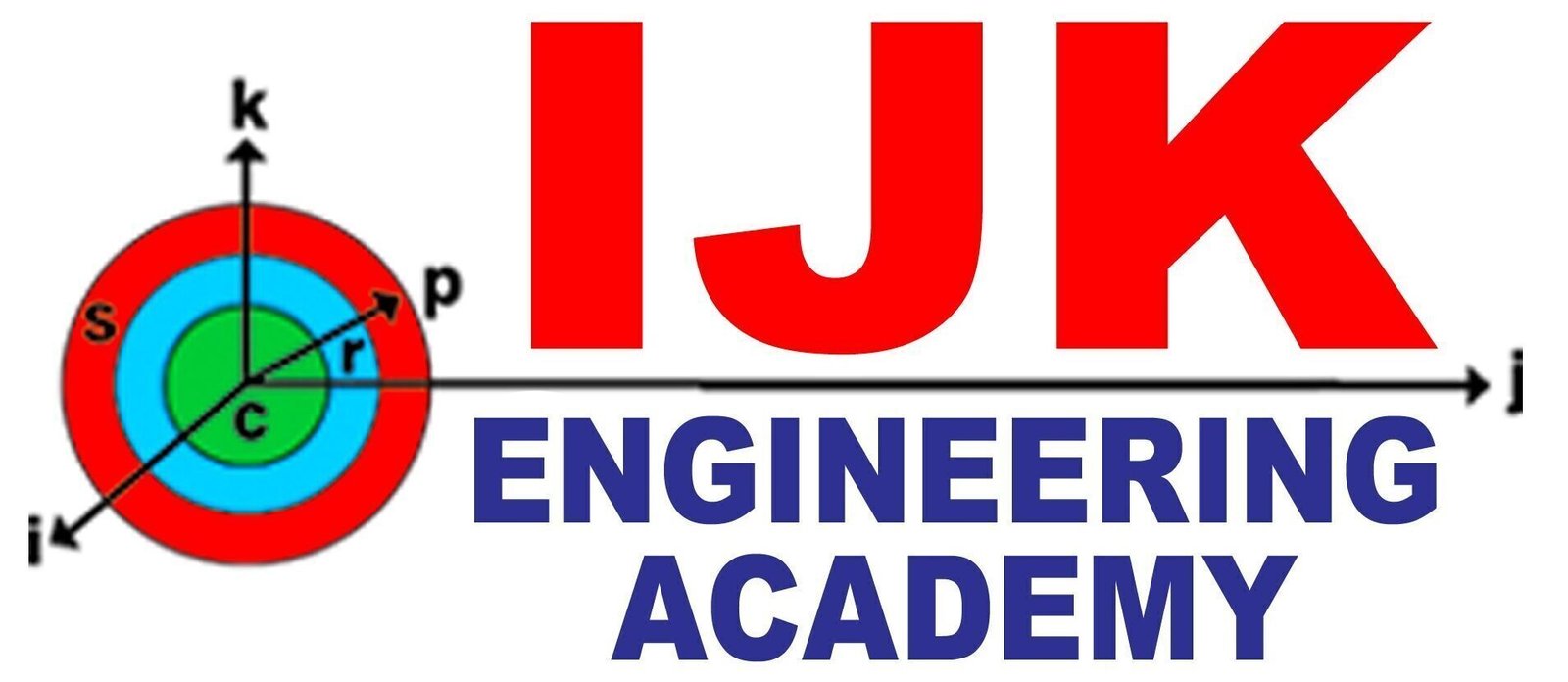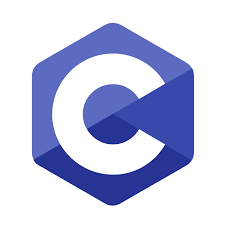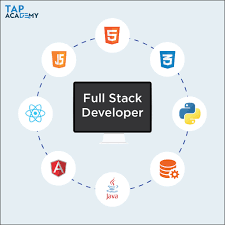DATA SCIENCE
About Course
Certainly, I’d be happy to introduce you to the field of data science!
**Data Science Overview:**
Data science is an interdisciplinary field that involves extracting insights, knowledge, and actionable information from data. It combines techniques from various disciplines such as statistics, computer science, machine learning, domain expertise, and data visualization to analyze and interpret complex data sets.
**Key Concepts and Components:**
1. **Data Collection:** Data scientists collect data from various sources, which can include structured data from databases, unstructured data from text, images, and videos, and streaming data from real-time sources.
2. **Data Cleaning and Preprocessing:** Raw data is often messy and may contain errors or missing values. Data scientists clean and preprocess the data to ensure its quality and consistency.
3. **Exploratory Data Analysis (EDA):** EDA involves visually exploring and summarizing the data to uncover patterns, relationships, and anomalies that can guide further analysis.
4. **Statistical Analysis:** Data scientists use statistical methods to infer trends, make predictions, and test hypotheses based on the data.
5. **Machine Learning:** Machine learning techniques are used to build predictive models and uncover hidden insights from data. This includes algorithms like regression, classification, clustering, and more.
6. **Feature Engineering:** Selecting and transforming relevant features (variables) from the data is crucial for building effective machine learning models.
7. **Model Evaluation and Validation:** Data scientists assess the performance of their models using techniques like cross-validation to ensure they generalize well to new data.
8. **Data Visualization:** Visualizations, such as charts and graphs, help communicate insights from the data effectively to both technical and non-technical audiences.
9. **Big Data and Distributed Computing:** Data scientists often work with large data sets that require distributed computing frameworks like Hadoop and Spark to process and analyze data efficiently.
10. **Domain Expertise:** Understanding the domain to which the data belongs is crucial for contextualizing and interpreting results accurately.
**Applications of Data Science:**
Data science has a wide range of applications across industries:
– **Business and Finance:** Predictive analytics for customer behavior, fraud detection, risk assessment, and stock market analysis.
– **Healthcare:** Disease prediction, personalized medicine, drug discovery, and medical image analysis.
– **E-commerce:** Recommender systems, customer segmentation, and market analysis.
– **Marketing:** Customer segmentation, campaign optimization, sentiment analysis, and social media analytics.
– **Natural Language Processing (NLP):** Text analysis, sentiment analysis, chatbots, and language translation.
– **Image and Video Analysis:** Object detection, facial recognition, and video content analysis.
– **IoT and Sensor Data Analysis:** Analyzing data from sensors and IoT devices to optimize processes and make informed decisions.
**Getting Started:**
1. **Learn the Basics:** Start with fundamental concepts of statistics, programming (Python or R), and data manipulation.
2. **Explore Data Analysis:** Learn about data visualization and exploratory data analysis to understand data patterns.
3. **Introduction to Machine Learning:** Familiarize yourself with basic machine learning algorithms and techniques.
4. **Hands-On Projects:** Work on small data science projects to apply what you’ve learned and gain practical experience.
5. **Online Courses and Tutorials:** Explore online platforms like Coursera, edX, and Khan Academy for data science courses.
6. **Read Blogs and Books:** There are many insightful blogs, articles, and books on data science topics.
Data science is a dynamic and rapidly evolving field. As you progress, you can delve deeper into specialized areas such as deep learning, natural language processing, computer vision, and more. Continuous learning and practical application are essential to becoming proficient in data science.
Student Ratings & Reviews






